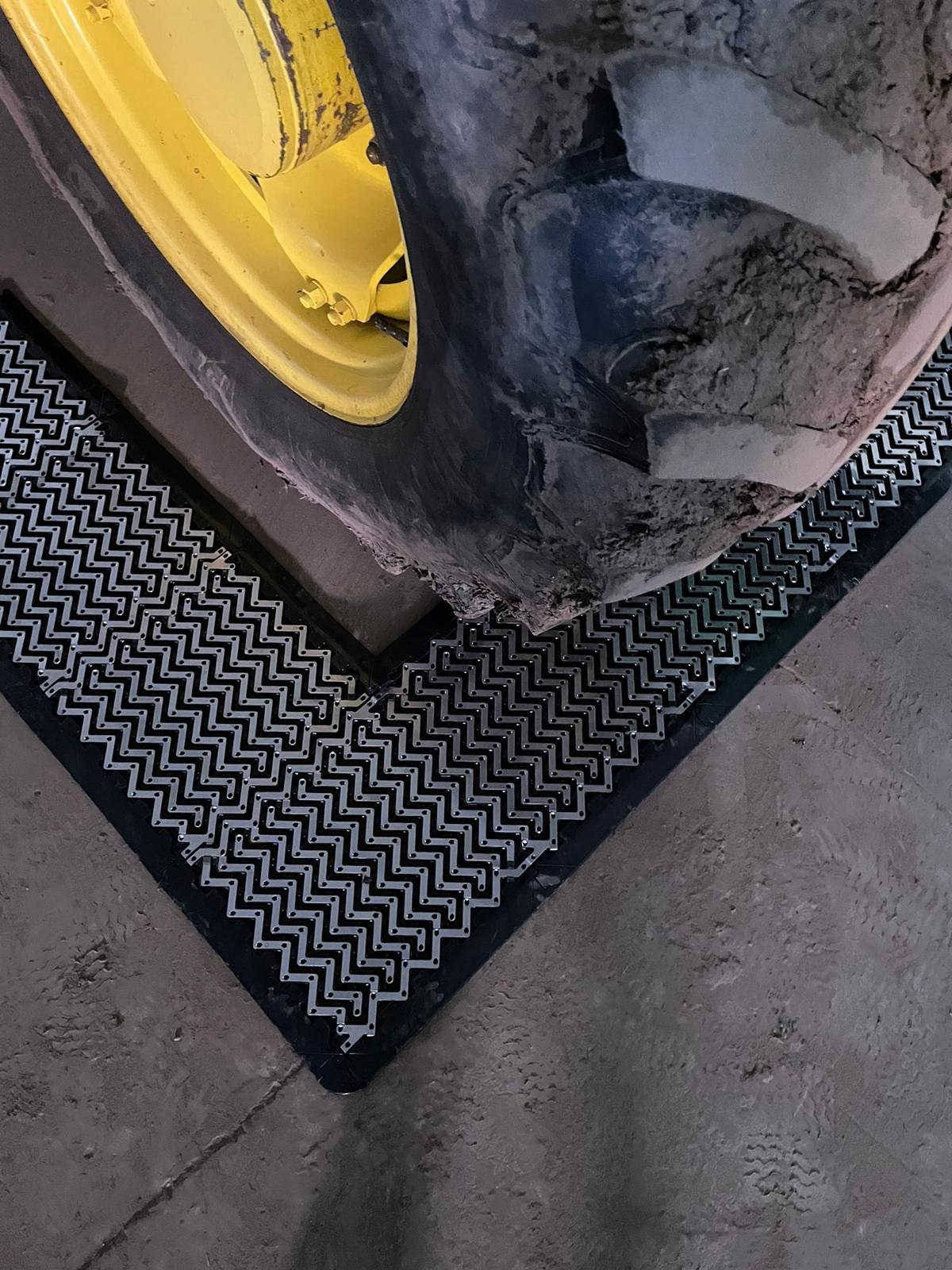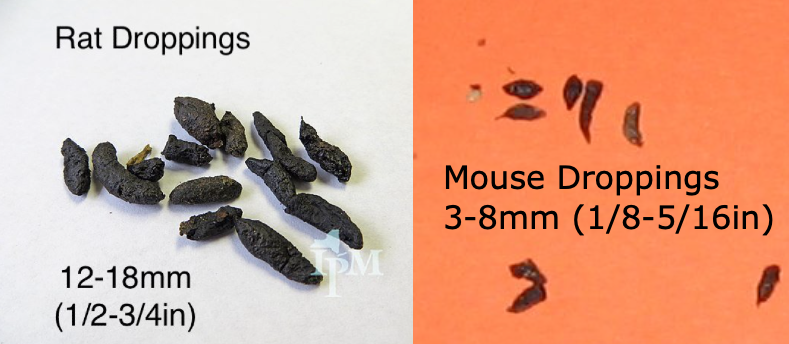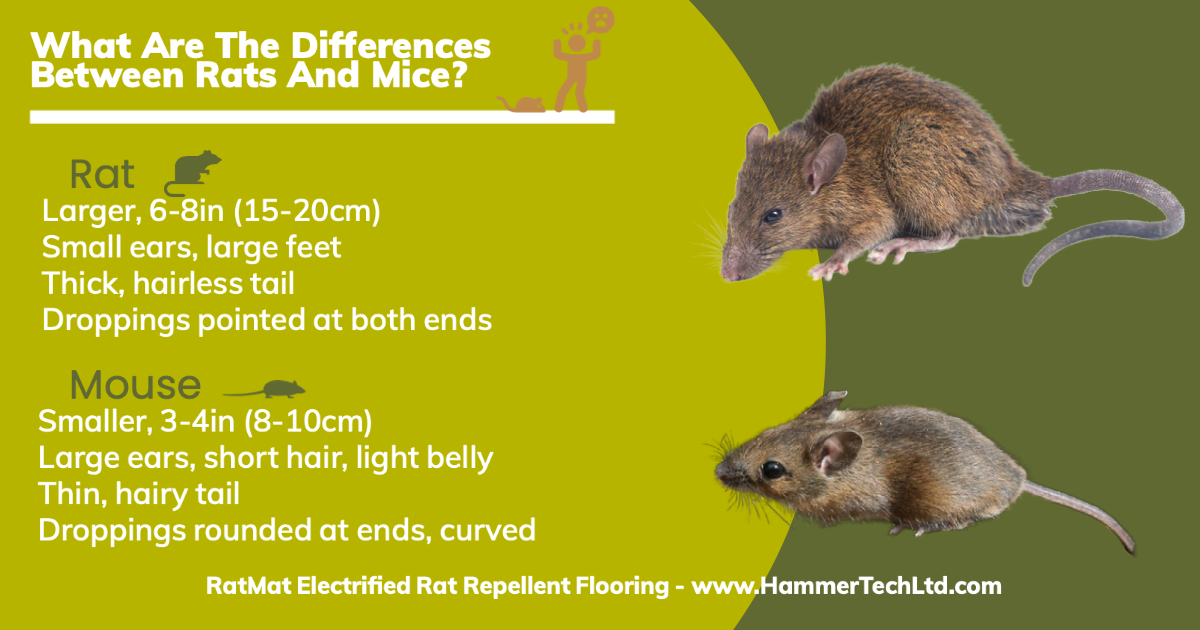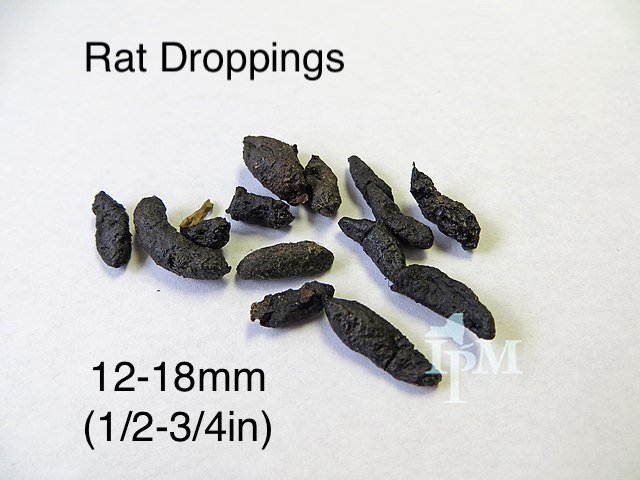What Problems Do Rodents Cause In Camper Vans, RVs And Motorhomes?



In camper vans, RVs, and motorhomes, rodents can create a variety of issues. Many people are looking to find out the best way to keep rats out of camper vans, RVs and motorhomes. These are some typical problems they could cause:
Damage to wiring. Rodents like mice and rats often gnaw on cables and other electrical parts. This may cause the entertainment systems, engine parts, and lighting to malfunction.
Nesting and contamination. In the crevices of the car's interior, rodents build nests. These spaces comprise the ventilation systems, storage spaces, and engine compartment. Their excrement, urine, and nesting materials have the potential to pollute these regions. Unsanitary conditions and unpleasant odours may result from this.
Structural damage. Rodents have been known to nibble on various components of the car in their search for food and refuge. Insulation, upholstered furniture, and even woodwork might sustain damage. This puts the camper van or motorhome's structural integrity at risk and may necessitate expensive repairs.
Food spoilage and consumption. Rodents are drawn to food sources and have easy access to the stored supplies within the car. They could contaminate or consume food sources, causing waste and possible health risks.
Health risks. Fleas, ticks, and mites are just a few of the parasites and illnesses that rodents are known to spread. They raise the possibility of spreading infections to inhabitants by being present in the living spaces of a camper van or motorhome. Disease is spread via rat urine and excrement. There may be health effects from this.
Unwanted odors. It is possible for rodent urine, faeces, and decomposing nesting materials to accumulate. As a result, the inside of the car develops persistent and unpleasant odours. People may feel uncomfortable as a result.
It is crucial to take preventive steps, such as closing access ports and maintaining a clean vehicle, to avoid these issues. It is crucial to regularly examine and maintain the camper van or RV. If you are live in France and are having trouble with your camper, please contact our French distributor at https://www.ratmat.fr.
What Is The Best Way To Keep Rats Out Of Camper Vans, RVs And Motorhomes?
Vehicles like camper vans and RVs may be shielded from rat harm using RatMat Rat Repellent Electrified Flooring.
When rats and mice come into contact with the electrified flooring system RatMat, they receive a little electric shock. Although the shock is harmless, the rodents find it unpleasant. As a result, they refrain from going inside the protected zones. By serving as a barrier, this technology keeps rodents from entering the car's interior.
Rats and other rodents frequently enter camper vans and motorhomes through tiny gaps or breaches in the framework of the vehicle. These possible access sites are covered with RatMat. Access points can be found around the wheels, in engine compartments, or in other weak spots.
Multiple access points tend to be commoner on older automobiles than on modern ones. This makes it much simpler for rats to do severe harm quickly. Rodents are prevented from entering thanks to the humane electric shock.
RatMat Rat Repellent Electrified Flooring is made using safe, non-toxic materials. Low power electric shocks are administered that are safe for both people and animals. This makes it the best way to keep rats out of camper vans, RVs and motorhomes. It doesn't need dangerous ingredients like many poisons and repellents do. There are no wasteful consumable parts like those that are often found in base stations that contain traps and poison.
RatMat electrified flooring offers ongoing defence against rats after it is installed. It is always in action. It offers excellent value for money since it prevents rats from getting inside even when the car is left unattended for a long time.
Using electrified flooring should be a part of a comprehensive rodent control plan. This entails maintaining the cleanliness of the car and closing any potential entrance spots. Use preventative actions to reduce the possibility of a rodent infestation.













